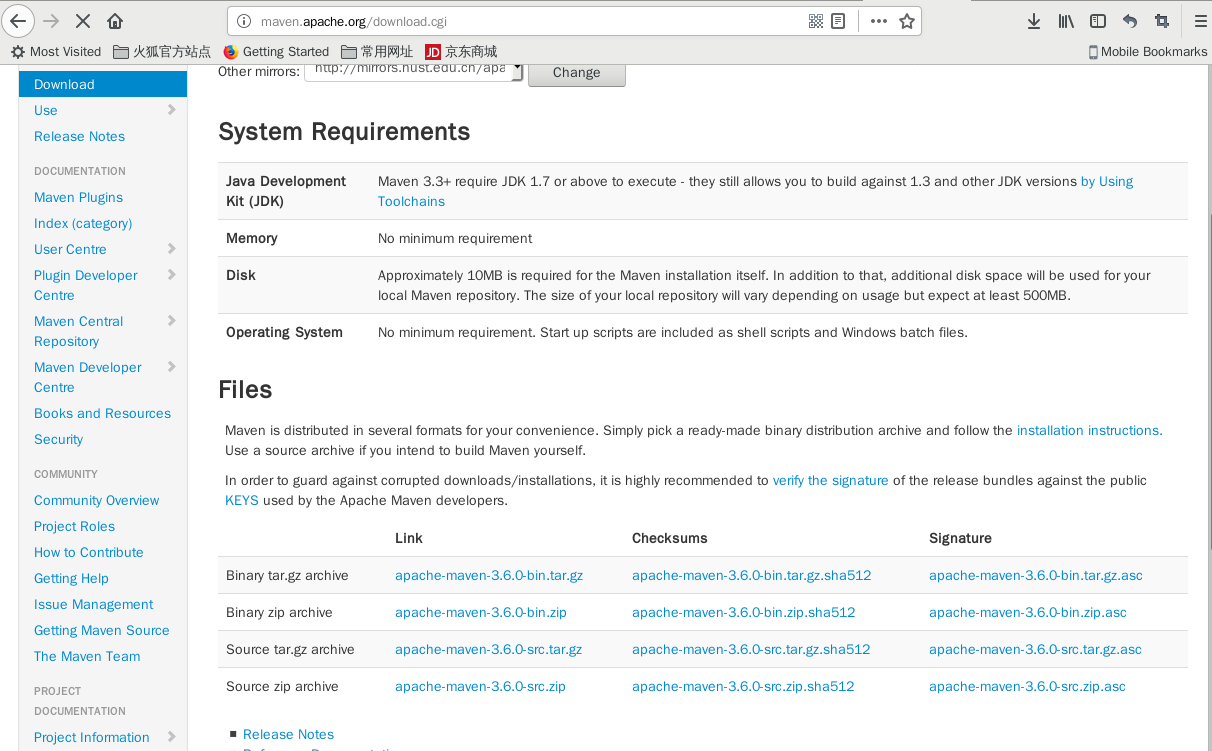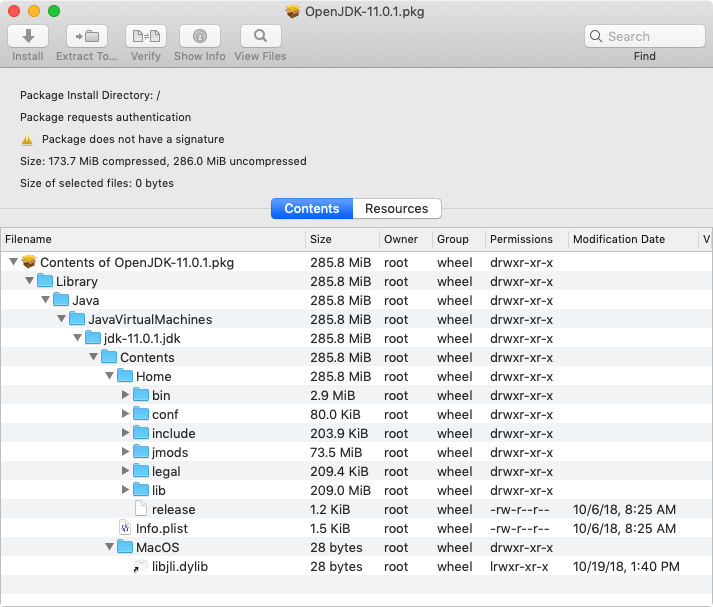
- #Openjdk 11 download linux tar.gz how to#
- #Openjdk 11 download linux tar.gz install#
- #Openjdk 11 download linux tar.gz software#
Now that we've seen our alternatives, we can also switch between them: $ sudo update-alternatives -config javaĪdditionally, we get an interactive output, where we can switch between the alternatives via the keyboard: There are 2 choices for the alternative java (providing /usr/bin/java). Slave java.1.gz: /usr/lib/jvm/java-8-openjdk-amd64/jre/man/man1/java.1.gz


usr/lib/jvm/java-8-openjdk-amd64/jre/bin/java - priority 1081 Slave java.1.gz: /usr/lib/jvm/java-11-openjdk-amd64/man/man1/java.1.gz usr/lib/jvm/java-11-openjdk-amd64/bin/java - priority 1101 Slave java.1.gz is /usr/share/man/man1/java.1.gz Link currently points to /usr/lib/jvm/java-11-openjdk-amd64/bin/java

Link best version is /usr/lib/jvm/java-11-openjdk-amd64/bin/java On our test system, where we've installed two different versions of OpenJDK, the output lists both alternatives with their respective priorities: java - auto mode Let's have a look at our alternatives: $ update-alternatives -display java
#Openjdk 11 download linux tar.gz how to#
In the case of manual installation, we've seen how to add the alternatives for java and javac respectively. When apt installs a JDK package, it automatically adds the entries for the alternatives. Most of the time we create, maintain and display alternatives via the update-alternatives program.
#Openjdk 11 download linux tar.gz software#
The standard way for managing multiple versions of the same software on Ubuntu is via the Debian Alternatives System. In the case of Ubuntu 18.04 LTS, it's the package openjdk-11-jdk at the moment. “This dependency package points to the Java runtime, or Java compatible development kit recommended for this architecture…” For example, openjdk-11-source contains source files for the classes of the Java core API, while openjdk-11-dbg contains the debugging symbols.īesides the openjdk-* family, there's the default-jdk package, that is worth exploring: $ apt show default-jdkĪt the end of the output, the description says: We may find some of these packages useful. Openjdk-11-source/bionic-updates,bionic-updates,bionic-security,bionic-security 10.0.2+13-1ubuntu0.18.04.2 all Openjdk-11-doc/bionic-updates,bionic-updates,bionic-security,bionic-security 10.0.2+13-1ubuntu0.18.04.2 all Let's explore which other packages we have at our disposal besides the default jdk package: $ apt list openjdk-11* Listing. Let's have a look at the “Depends” section of the output. We can see that if we inspect the package: $ apt show openjdk-11-jdk It's also worth noting that although the package is called openjdk-11-jdk, as of this writing, it actually installs version 10.0.2. Now we should see the same version number as shown above: javac 1.8.0_181 3.2. Let's check that the javac executable is available as well: $ javac -version OpenJDK 64-Bit Server VM (build 25.181-b13, mixed mode) The result should list a Runtime Environment and a JVM: openjdk version "1.8.0_181" Now, let's verify the installation: $ java -version

#Openjdk 11 download linux tar.gz install#
Let's install OpenJDK 8 from the “Main” repository with apt: $ sudo apt update It's supported by Canonical - the same company that maintains Ubuntu itself. The “Main” repository is available by default on all Ubuntu systems. Of course, we can also head to the OpenJDK website, grab a package there, and install it the same way we've seen in the previous section.īut using the apt tooling and the “Main” repository provides some benefits. For this reason, we can find an up-to-date version of OpenJDK 8 in the “Main” repository on most of the supported Ubuntu versions. JDK 8 is an LTS version that has been around for a while.


 0 kommentar(er)
0 kommentar(er)
